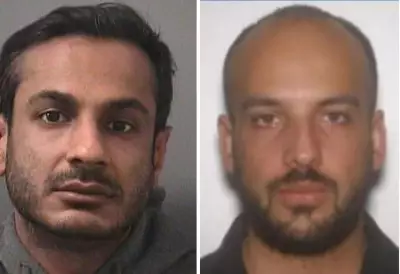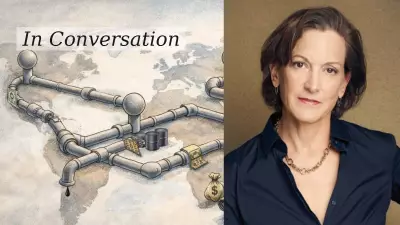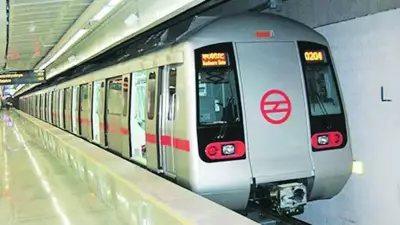
The Supreme Court of India has delivered a significant opinion stating that fixed timelines cannot be imposed on the President and Governors for granting assent to Bills passed by the legislature. This crucial development came as the court responded to a presidential reference made by President Droupadi Murmu seeking clarification on an earlier ruling.
Judicial Scrutiny for Prolonged Delays
While rejecting the concept of fixed deadlines, the apex court emphasized that prolonged, unexplained and indefinite delays in granting assent to Bills would indeed invite limited judicial scrutiny. This balanced approach maintains the constitutional separation of powers while ensuring accountability in the legislative process.
The court was rendering its opinion on a reference made under Article 143 of the Constitution, which allows the President to seek the Supreme Court's opinion on questions of law or fact. Unlike regular court rulings, such opinions are not legally binding, and the court retains discretion on whether to answer the reference.
Reversal of April Verdict Provisions
This opinion effectively rolls back certain aspects of the court's April 2025 ruling that had declared the Tamil Nadu Governor's delay in granting assent as unconstitutional. The earlier verdict had established specific timelines for Governors and the President to act on Bills and introduced the concept of deemed assent for certain pending legislation.
The Supreme Court addressed 14 specific questions posed by President Murmu, comprehensively examining the constitutional boundaries between the executive and judiciary. The court positioned itself as a facilitator of dialogue in state versus Centre disputes, while keeping judicial intervention available for glaring circumstances where constitutional principles are compromised.
Fuel Efficiency Norms Spark Market Debate
In other significant developments, India is preparing for the third phase of Corporate Average Fuel Efficiency (CAFE) standards, scheduled to roll out from FY28 (2027-28) with progressively tighter regulations through FY32. These norms require automobile manufacturers to enhance fleet fuel efficiency over time, potentially accelerating the adoption of hybrid and electric technologies across more vehicle models.
This has ignited a substantial debate between large and small car segments. Major manufacturers like Maruti Suzuki have raised concerns that small cars, already operating on thin margins, could become significantly more expensive with the integration of new technologies, potentially pricing out first-time buyers from the market.
Industry experts note that the CAFE 3 formula appears more lenient towards heavier vehicles, which might inadvertently push the market toward larger, costlier models instead of promoting affordability and efficiency in the small car segment that dominates Indian roads.
Red Fort Blast Investigation Advances
Meanwhile, investigators are making substantial progress in uncovering details about the terror module linked to the Red Fort blast case. Authorities revealed that just one day before the explosion, Jammu and Kashmir police had arrested two doctors connected to the terror network.
Investigators have discovered that an alleged foreign handler sent 42 instructional videos on bomb-making through encrypted applications to Muzammil Ahmad Ganai, one of the arrested doctors. Ganai is also identified as an associate of Umar Nabi, the driver of the i20 car involved in the incident.
Bihar Election Post-Mortem
Political analysts are examining the reasons behind Congress's crushing defeat in the Bihar Assembly elections. Interviews with ten losing candidates from the party revealed multiple concerns, including what they described as the non-political working style of AICC's Bihar in-charge Krishna Allavaru, the failure of Rahul Gandhi's Voter Adhikar Yatra to connect with voters, and the controversial nomination of outsiders as candidates.
Following its landslide victory in Bihar, the BJP has now turned its attention to West Bengal, where it has historically struggled to challenge the ruling TMC. Party insiders indicate that the primary challenge involves countering the outsider tag consistently used by TMC chief Mamata Banerjee against the BJP's campaign efforts.
In entertainment news, Delhi Crime Season 3 continues to garner attention for its portrayal of an inter-state human trafficking racket, highlighting how crimes against women represent a national problem rather than isolated local incidents. The series raises poignant questions about societal visibility and the value placed on women's lives in contemporary India.




